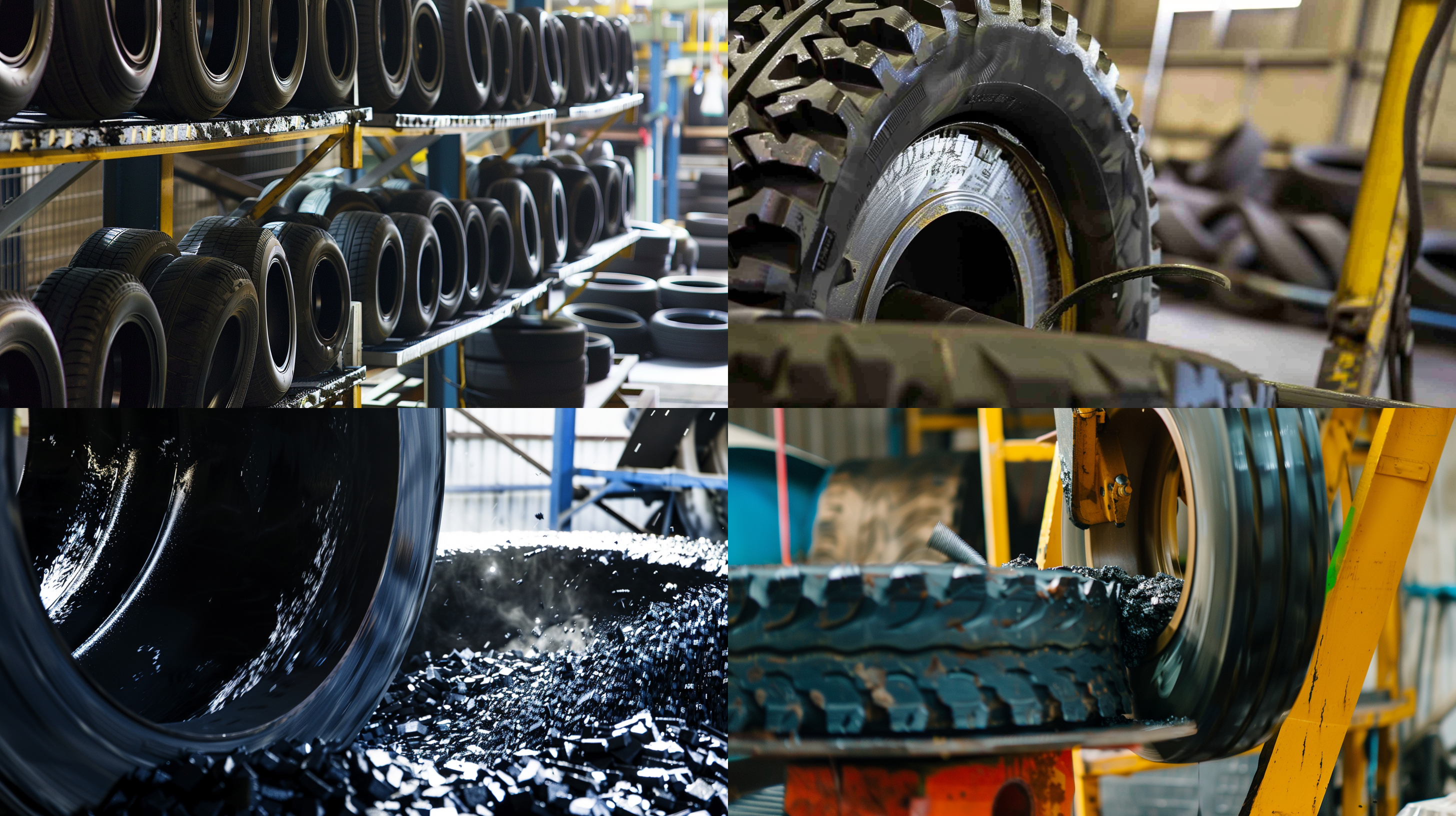Burn resistance is a vital characteristic of rubber compounds, particularly in applications where high temperatures and mechanical stress are involved. Rubber accelerators play a significant role in enhancing this property through their action during the vulcanization process.

In this article, we will explore the critical mechanisms through which different types of rubber accelerators contribute to burn resistance in synthetic rubber products. We will also evaluate their effectiveness compared to conventional methods.
The burn resistance of rubber compounds can be attributed to several factors including heat stability, chemical structure, and cross-linking density that rubber accelerators influence. By modifying these parameters, manufacturers can significantly enhance the performance of rubber products.
Various accelerators are available in the market, each with unique properties that affect burn resistance. Evaluating these accelerators involves understanding their interaction with rubber materials during the vulcanization process and how they contribute to the overall durability of the end product.
With the increasing demand for high-performance rubber products, the evaluation of burn resistance properties has become crucial in supplier selection and product development.
In conclusion, rubber accelerators like CBS are essential for improving the burn resistance of synthetic rubber. By choosing the appropriate accelerator, manufacturers can create superior rubber compounds that meet higher performance standards. As the industry evolves, ongoing research and development will play a pivotal role in optimizing these materials for a wide range of applications.
